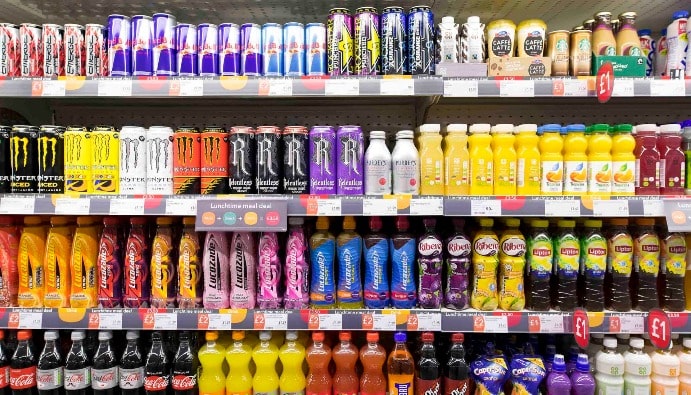
BLOG
KATEGORİDEKİ DİĞER YAZILAR

Energy drink is defined in the Turkish Food Codex Communiqué on Energy Drinks (2017/4) as “a flavored non-alcoholic beverage that contains caffeine and may contain taurine, glucoronolactone, inositol, carbohydrates, amino acids, vitamins, minerals and other food and ingredients”.
Many people struggle between their busy work schedule and daily to-dos. In general, energy drinks containing stimulants such as caffeine have started to be consumed in order to provide the necessary daily energy.
Energy drinks are products containing too many additives. This has led to the questioning of their effects on human health.
Energy drinks contain synthetic products such as caffeine, sugar, inositol, glucoronolactone, ethyl alcohol and taurine. The Turkish Food Codex has set limits on the use of substances in energy drinks.
Within the scope of the regulation
cannot be more than.
Main Ingredients:
Formulations and Concentrations: Energy drinks have different ingredients and concentrations depending on their formulations and brands. This variation can alter the potency and potential health risks of the products. For example, some energy drinks contain higher levels of caffeine and sugar, while others have lower levels. These differences can have different effects on users.
Energy drinks can cause some health problems depending on the consumption rate. Excessive consumption causes poisoning, caffeine addiction, excessive dehydration due to sugar content, and increased risk of heart attack in people with heart disease. When consumed with alcohol or medication, it can cause serious disorders such as palpitations, stomach pain and alcohol poisoning.
As a result, in order to keep up with our daily intensity and tempo, options such as balanced nutrition, sleep patterns and sports will be more beneficial than synthetic and unhealthy drinks.
Nanolab Laboratories Group continues to provide services within the scope of Energy Drinks Analysis. We also provide services in Taurine Determination.
Contact us for more information.
You can follow us on LinkedIn for up-to-date news and posts about our services.
Follow our Instagram account to be informed about our latest blog posts.